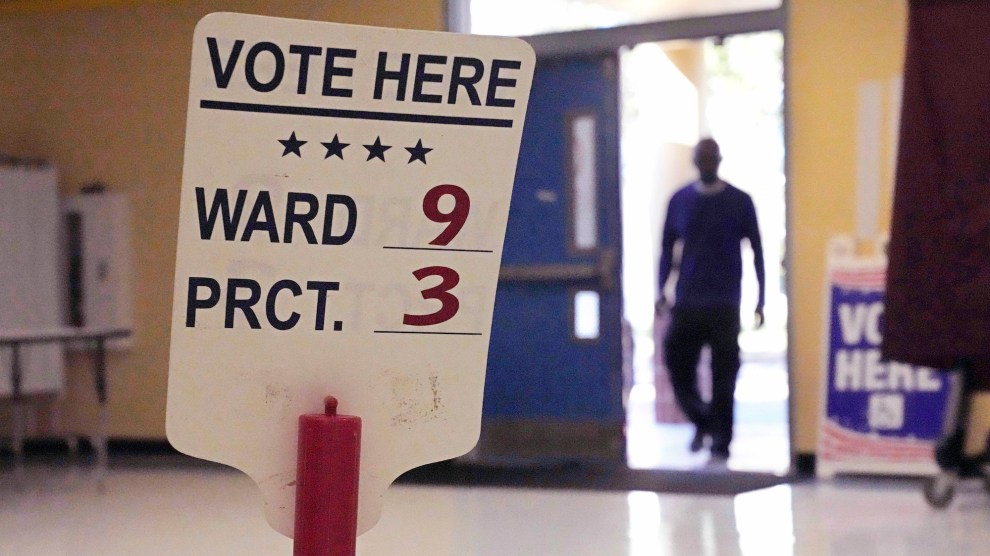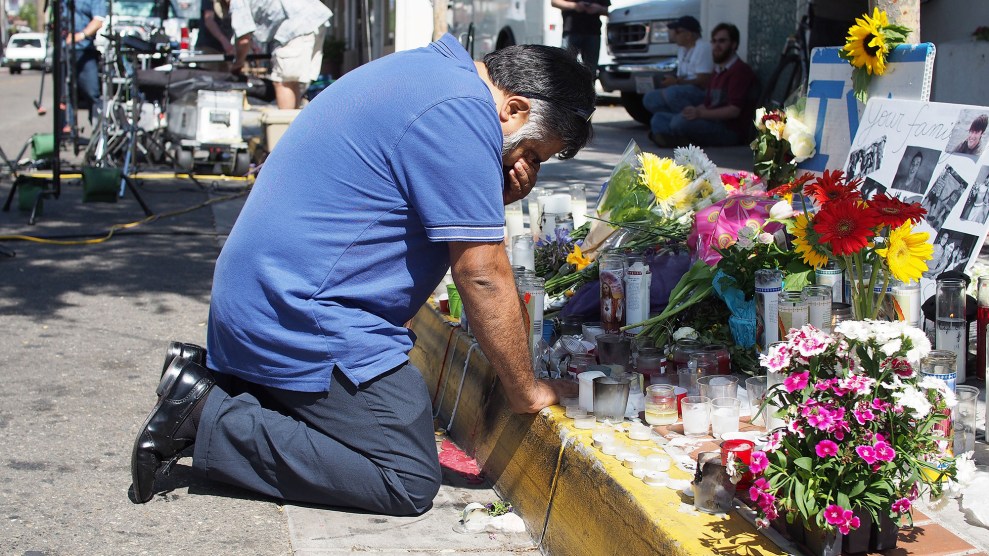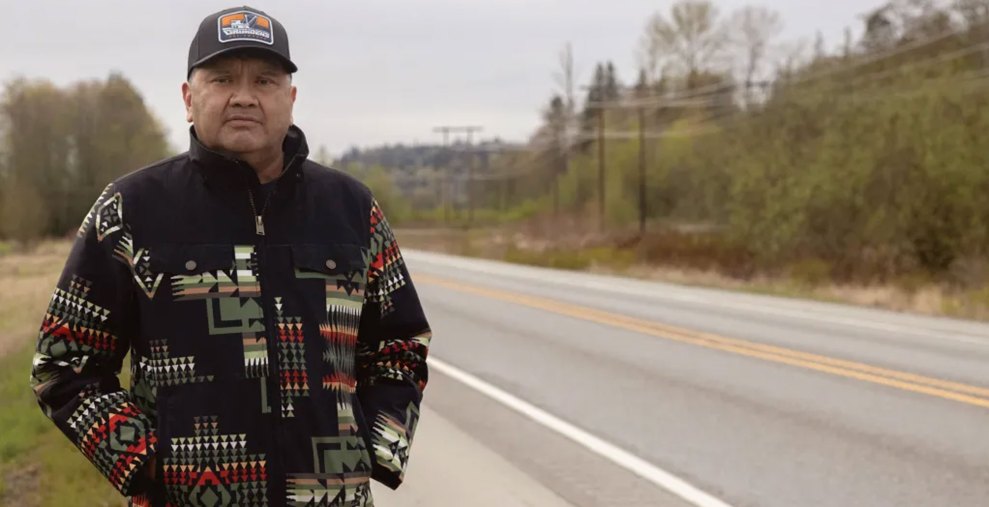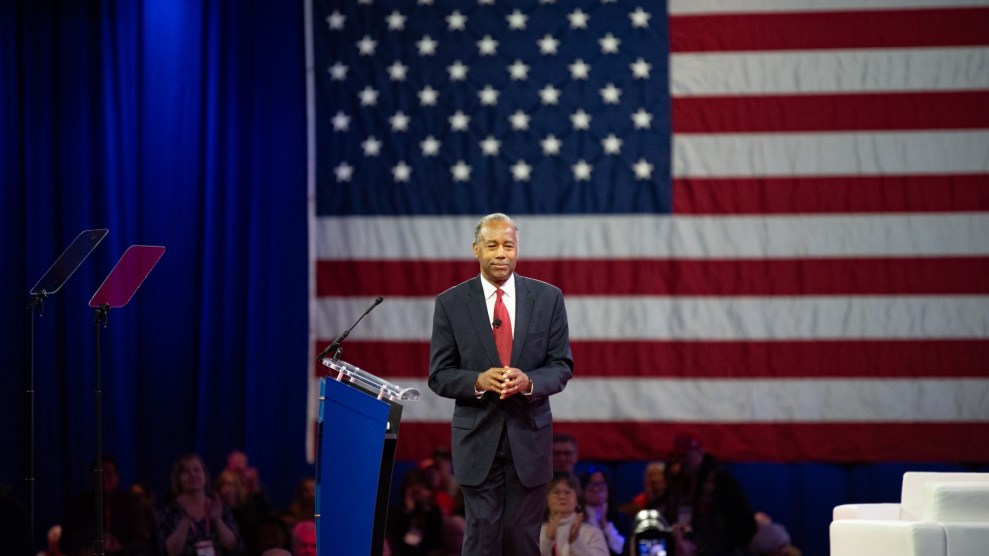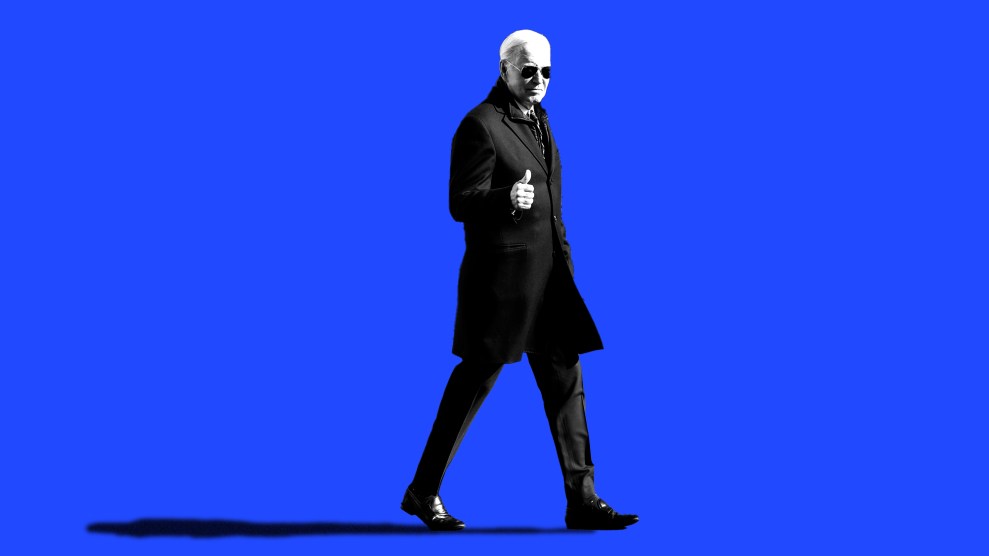Say you’re the CEO of a company whose bookkeeping involves a bit of creative flair. You’ve watched Ken Lay and Jeff Skilling go down; you wonder, naturally, what happens if your outfit turns out to be the next Enron. How do you keep the creditors, the IRS, and the retirees away from your hard-earned millions? Consult an asset-protection attorney, that’s how; even in the wake of anti-corporate abuse legislation such as the Sarbanes-Oxley Act and last year’s bankruptcy reform, the law is full of loopholes. Remember, paying up is for suckers.
Buy a castle. Texas and Florida laws prevent creditors from seizing your homestead, no matter how opulent. Follow the lead of Kevin Hannon, former COO of Enron Broadband Services, and move into a $1.3 million six-bedroom-and-pool spread. Or perhaps you’ll aim for a two-acre, $3.1 million estate like the one belonging to Enron’s president, Lawrence G. Whalley. Both men may well keep their mansions despite a raft of civil lawsuits alleging that they essentially absconded with shareholders’ and retirees’ money. But their ex-boss, Jeff Skilling, could lose his $5.1 million home—following the former Enron CEO’s felony conviction, the feds have moved to confiscate his estate.
Collect Bibles. The Good Book is protected from creditors in some states, as are two guns, 120 chickens, one fishing boat, and an unspecified number of church pews. Jay Adkisson, an asset-protection attorney and the author of a book on the subject, says he knows of an Illinois debtor who in the late ’90s purchased a Gutenberg Bible worth some $10 million. (He won’t name the man for fear of tipping off creditors.) “Every state has little quirks like that,” Adkisson says, “and they go back to whatever the Legislature thought people needed to survive with” in the 1800s.
Set up a tropical trust. Eight U.S. states and at least 12 offshore money havens allow the creation of “self-settled” asset-protection trusts that place finances in the hands of a third party. No reliable figures exist on these trusts, though their total volume has been estimated at more than $1 trillion. Offshoring your loot is not foolproof: Stephan Jay Lawrence, a Chicago stockbroker, squirreled away $7 million in a Mauritius trust shortly before he lost a $20 million arbitration battle with an investment firm. He’s been in jail for seven years for failing to repatriate the money. Closer to home, investors may shelter their millions in states such as Delaware, but last year’s bankruptcy reform laws made such trusts more vulnerable.
Be your own boss. Can’t get a job? Set up a foundation and appoint yourself president. Lou L. Pai, the former CEO of Enron Energy Services who faces 21 lawsuits in connection with his well-timed sales of Enron stock, is the president of the Pai Foundation. Kenneth D. Rice—a former CEO of Enron Broadband Services who will be sentenced for securities fraud in December—is president of the Ken and Teresa Rice Foundation. Neither Pai nor Rice currently draws a salary, but if they did, irate investors still couldn’t get a penny: Texas, like Pennsylvania and South Carolina, doesn’t allow creditors to garnish wages.
Stash a nest egg. Shortly before Enron’s collapse, as Mother Jones reported in 2002, Ken Lay established an annuity worth more than $4 million; prosecutors didn’t touch it in the wake of Lay’s felony conviction, though they have moved to seize Lay’s $1.5 million condo and his $6.3 million hedge fund share. Such assets do become vulnerable when their owners are convicted of a felony, which is why Texas asset-planning expert Duncan Osborne is perplexed that the feds ignored Lay’s annuity: “I think they should have gone after that one.”
Die. By expiring after his conviction, but before his sentencing, Lay accomplished the seemingly impossible—voiding his conviction and pulling his assets from the feds’ clutches. Many legal experts say his wife is likely to inherit millions. “Death is a very powerful asset-protection tool,” says Adkisson. But, he adds, “I don’t frequently advise my clients to do it as part of a plan.”



